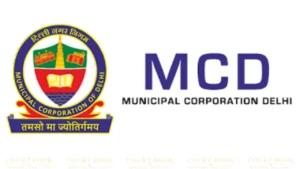The Allahabad High Court has expressed concern over the prevalent practice of appointing counsels for state corporations, including the Uttar Pradesh State Road Transport Corporation (UPSRTC), based on influence rather than merit. Justice Ajay Bhanot observed that the current system often favors individuals from influential families, sidelining competent first-generation lawyers who lack political connections.
The case arose from alleged disobedience of earlier court directions. An internal inquiry revealed that negligence by counsels at the Labour Court contributed to the situation, prompting UPSRTC to take action against those responsible. The Court emphasized that,
Read also:- High Court Reduces Compounding Fee to 5% in NI Act Case After Parties Reach Settlement
"appointment of meritorious counsels by a fair and transparent procedure is central to good governance"
citing the Supreme Court's decision in Kumari Shrilekha Vidyarthi v. State of U.P. (1991).
Highlighting systemic flaws, the Court noted that many appointed counsels fail to appear personally in cases, instead delegating work to juniors. This issue was previously criticized in Gaurav Jain v. State of U.P., where the Court directed the State to ensure counsels do not sub-delegate their responsibilities.
Read also:- President Appoints Three Additional Judges to Bombay High Court for Two-Year Term
Justice Bhanot stressed that the selection of counsels should be based on independent evaluation of court performance, integrity, and competence, with officials observing proceedings incognito to identify deserving candidates. The UPSRTC Managing Director assured the Court that efforts would be made to create a system promoting transparency and providing opportunities to young, talented lawyers.
The Board of UPSRTC is required to meet before the next hearing to finalize a scheme for merit-based appointments. The matter is scheduled for further hearing on September 22, 2025.
Case Title:- Smt. Jubeda Begum and Another vs. U.P. State Road Transport and Another
Case No.:- Writ - C No. 12610 of 2025














